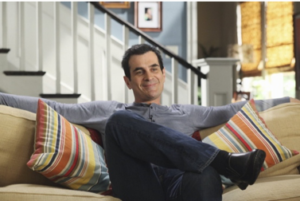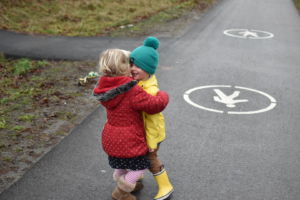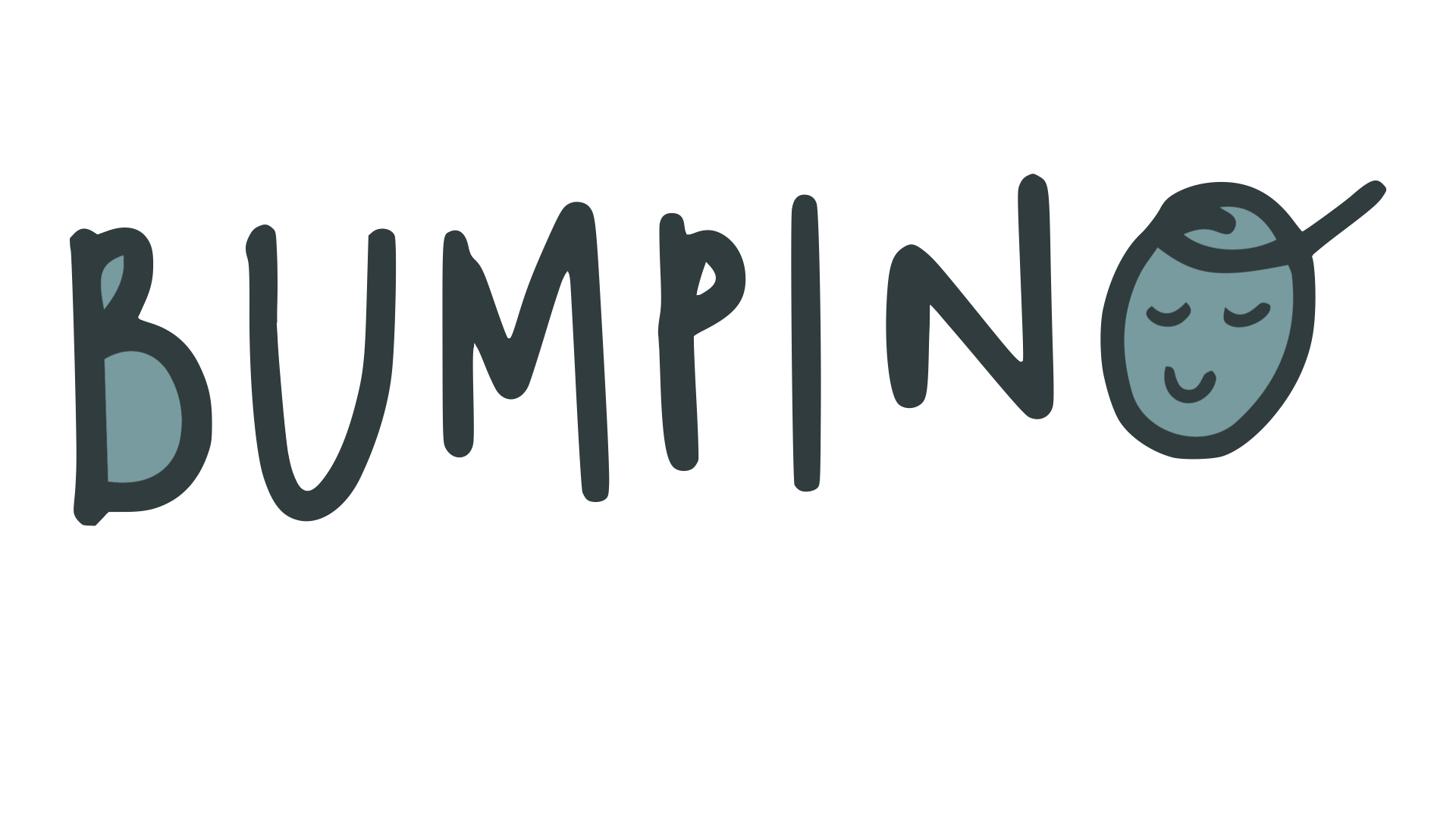Thank you for supporting the blog through affiliate links which may appear in this post. As an Amazon Associate I earn from qualifying purchases. Any small commission earned helps make the next post possible, and at no cost to you.
When people start thinking about having kids, they often like to think “is it the right time?” That can mean, do we own a house, do we have stable jobs, are we in a good place in our relationship, how are we doing financially, what time of year is it etc etc? But, although all of these are perfectly valid and good considerations, my question is, can anything (or anyone) actually truly prepare us for parenthood?
In my role as a play therapist I come across a lot of parents who have found themselves struggling to manage. There are all sorts of reasons for this and most of them are totally legitimate, but the responsibility, and often blame, put on us as parents is a great one. I hope in this blog to encourage us that we are “good enough” but also to educate us all a bit on what goes on for our little darlings in the very early years of life. We’ll also have a little look at what is out there to help us prepare or, if we decide that is not actually possible, to help us survive!
A lot of this pressure is put onto us as mothers. We have always been expected to be the primary caregiver and the research goes a long way to stress the importance of a baby having a key (and also consistent) caregiver in their early years of life. A famous child psychoanalyst, Donald Winnicott, (you will hear me refer to him a fair bit in this blog) was writing in the late 60s-80s and much of his work, even then, shows how important the beginning of a infants life is. And not just when the baby is born. Even in Winnicott’s time (and science has moved on heaps since then) there was evidence that during pregnancy and the first year of life a huge amount is happening for the child. Emotional development starts at the beginning and the child’s experience in these early days, including the birth experience, is now recognised as significant.
However, Winnicott also recognises the mother’s needs as she tries to support her growing infant (emphasis added):
“…there is something about the mother of a baby, something which makes her particularly suited to the protection of her infant in this stage of vulnerability, and which makes her able to contribute positively to the baby’s positive needs. The mother is able to fulfil this role if she feels secure; if she feels loved…and also feels accepted in the widening circles around the family which constitute society.” (Winnicott, 1965, p.3)
Mothers need support close by to not only protect her own needs but those of the baby’s too. I value the friends and family I have around me so much. After a bad day a few encouraging words from another parent, who knows just how you feel, can go such a long way. If the mother is struggling the baby will notice and the brain will learn and the body adapt accordingly. I will try and keep this simple, but just remember I am talking about one of the most complicated organs in the human body…the brain. The books that I refer to in this blog and others go into a lot more detail, so if you’re interested, I do recommend having a read of them.
As a baby is developing in the womb and then up to the age of two years old a colossal amount is happening in the way of brain development. I have to say the film Inside Out is actually quite an accurate (but understandably basic) illustration of the way the brain starts to develop. Our core memories are founded by the experiences we encounter. We cannot recall these memories as they become stored as part of the developing emotional brain. As a baby’s brain develops the more certain pathways in the brain are fired up and the stronger those connections become. It might sound obvious, but a baby can’t create its own experiences. Therefore those around the baby generate experiences and thus create the pathways in the brain to be strengthened. Louis Cozolino (2006) puts it beautifully:
“It is the power of being with others that shapes our brains.” (p. 9)
By the end a child’s third year of life the brain will have reached 90% of adult size (Cairns, 2002) . So much is happening in these early years that as parent’s its ever so slightly terrifying! But, please, hang on in there and keep reading…there is a light at the end of the tunnel. Cairns (2002) says that often people talk to her about looking after babies as “common sense”. Her response to this was quite a challenge for me to digest; “I ask them to consider the phrase: ‘common sense is what you learned before you were two’” (p. 47). As the child stores their memories, they store their physical responses to certain situations based on what they have seen us do, they store their phrases of speech based on what they have heard us say, they store their emotional reactions based on how they have seen us react. No pressure then?!
Just the other day I watched Poppi play out a scene with her baby doll almost exactly as it had happened to her earlier that evening. Poppi was kicking up a fuss about having a wee before dinner time. She wasn’t really having any of it and so it turned into a bit of a battle. We are both stubborn, but eventually (and maybe with a bit of a raised voice) she listened and tried to have a wee. Later that evening, when she was in the bath, she was telling me how Amy (her little doll) had been silly and hadn’t tried to do a wee on the potty and therefore had done it in her pants. I asked why Amy had done this and Poppi told me that Amy hadn’t been listening. Again, as a play therapist, I am familiar with children replaying events in their lives to help them make sense of them, but the speed at which Poppi had formulated this memory and my reaction was quite incredible!
Have you ever looked at or listened to your parents and thought “I am never going to do that”, or “I’m never going to say that” and then lo and behold the next thing you hear yourself saying is “I sound just like my mum/dad?” Well, you actually can’t help it. To parent in a way significantly different to the way you were parented takes a lot of effort and hard work as it just won’t come naturally. I take my hat off to all the exceptions out there who may have suffered in their early years (through no fault of their own, of course) yet, have bounded back and reshaped their core values and reactions into more positive and productive methods. That is not an easy, although possible, task.
So much of the literature about preparing for parenthood educates on the birth experience itself and less on other aspects around parenting (Journal of Perinatal Education, 2008). There are some parenting manuals which offer lots of information but does that really help with our fear and preparation for the unexpected and unknown. Once you have had the baby, there are far too many books telling you what you should and shouldn’t do, but I would like to know if anyone has ever had a “textbook baby” (please comment if you have!!). When Poppi was born I was in hospital for 10 days due to her being premature. This meant there was no time to plan the some of the things they suggest in the ante-natal classes (such as a birthing playlist!). From the word ‘go’ you realise you just have to get on with it. During the time I was in hospital I had midwife and nursery nurse help on hand 24/7 so when I got home it felt like quite a shock. I now had this baby and how was I supposed to know what to do with it. Well, you go with your gut initially and in the words of Phil Dunphy (Modern Family):
“We like to think we’re so smart, that we have all the answers. And we want to pass that on to our children. But if you scratch beneath the surface, you won’t have to dig deep to find the kid you were, which is why it’s kind of crazy that we’re raising kids of our own. I guess that’s the real circle of life. Your parents faked their way through it. You fake your way through it. And you just hope you didn’t raise a serial killer.”
But, is “going with your gut” something we fear? What if my gut is wrong? What if I wasn’t parented in the best way and I want to do better for my kids? We hear all these things that I’m writing about now and worry. We listen to the growing knowledge in the world of neuroscience and how it emphasises the importance of early infant experience and its impact on later social, emotional, and cognitive outcomes (Preparing for Parenthood, 2011). We may be told that parenthood is the “hardest job any person will ever have” (NDSU, 2009) and that it’s often the job we are least prepared for and then we worry how will I ever raise a kid that turns out ok. Well, here is where I can reassure you. Our dear friend, Winnicott (1986) informs us that as a mother we only have to be “good enough” and that is already within our beings;
“…tremendous capacity that mother’s ordinarily have to give themselves over to identification with the baby. Towards the end of pregnancy and at the beginning of a child’s life, they are so identified with the baby that they really practically know what the baby is feeling like, and so they can adapt themselves to the needs of the baby in such a way that the baby’s needs are met. Then the baby is in the position of being able to make a developmental continuity of growth which is the beginning of health. The mother is laying down the basis for the mental health of the baby, and more than health – fulfilment and richness, with all the dangers and conflicts that these bring, with all the awkwardness that belongs to growth and development.” (pp.144-145)
 So, in actual fact, by going with our gut, as mothers we tap into a feeling that is already in us. We might not cognitively understand what the feeling is, but it tells us to respond to our baby. It can feel like a relentless and unrewarding task at times, (“Parents certainly cannot expect thanks for the fact of a child’s existence. Babies do not ask to be born.” (Winnicott, 1986)) but the moments of joy do far outweigh the moments of exhaustion. Otherwise, why would we do it? I return to my original question…is parenthood really about being ready? I’m not sure it can be. Perhaps it is about a crazy love, personal growth, a source of accomplishment (NDSU, 2009), or another amazing part of the adventure that life is. I say, let’s go at it with everything we’ve got, fight the battles together, and enjoy the wonders of watching children learn and grow.
So, in actual fact, by going with our gut, as mothers we tap into a feeling that is already in us. We might not cognitively understand what the feeling is, but it tells us to respond to our baby. It can feel like a relentless and unrewarding task at times, (“Parents certainly cannot expect thanks for the fact of a child’s existence. Babies do not ask to be born.” (Winnicott, 1986)) but the moments of joy do far outweigh the moments of exhaustion. Otherwise, why would we do it? I return to my original question…is parenthood really about being ready? I’m not sure it can be. Perhaps it is about a crazy love, personal growth, a source of accomplishment (NDSU, 2009), or another amazing part of the adventure that life is. I say, let’s go at it with everything we’ve got, fight the battles together, and enjoy the wonders of watching children learn and grow.
“If you do all you can to promote personal growth in your offspring, you will need to be able to deal with startling results. If your children find themselves at all they will not be contented to find anything but the whole of themselves, and that will include the aggression and destructive elements as well as the elements that can be labelled loving.” (Winnicott, 1971)
References:
Billingham, K. (2011) ‘Preparing for Parenthood: The Role of Antenatal Education’ Community Practitioner, 84 (5) p. 36 [Online] Available at: https://search.proquest.com/openview/6152fa6c122ca2586fecbef4281ca7d3/1?pq-origsite=gscholar&cbl=47216 Accessed: 29 May 2018
Brotherson, S.E. (2009) ‘Preparing For Parenthood’ NDSU Extension Service [Online] Available at: https://www.researchgate.net/publication/299398560_Preparing_for_Parenthood Accessed: 11 October 2018
Cozolino, L. (2006) The Neuroscience of Human Relationships: Attachment and the Developing Social Brain. New York. W.W. Norton and Company
Dahlen, H.G., Barclay, L.M., Homer, C. (2008) ‘Preparing for the First Birth: Mothers’ Experiences at Home and in Hospital in Australia’ Journal of Perinatal Education [Online] Available at: https://www.ncbi.nlm.nih.gov/pmc/articles/PMC2582407/ Accessed: 23 May 2018
Winnicott, D.W. (1971) Playing and Reality. London/New York, Routledge Classics
Winnicott, D.W. (1986) Home is where we start from: Essays by a psychoanalyst. London, Penguin Books
Winnicott, D.W. (1965) The Family and Individual Development. London, Tavistock Publications

